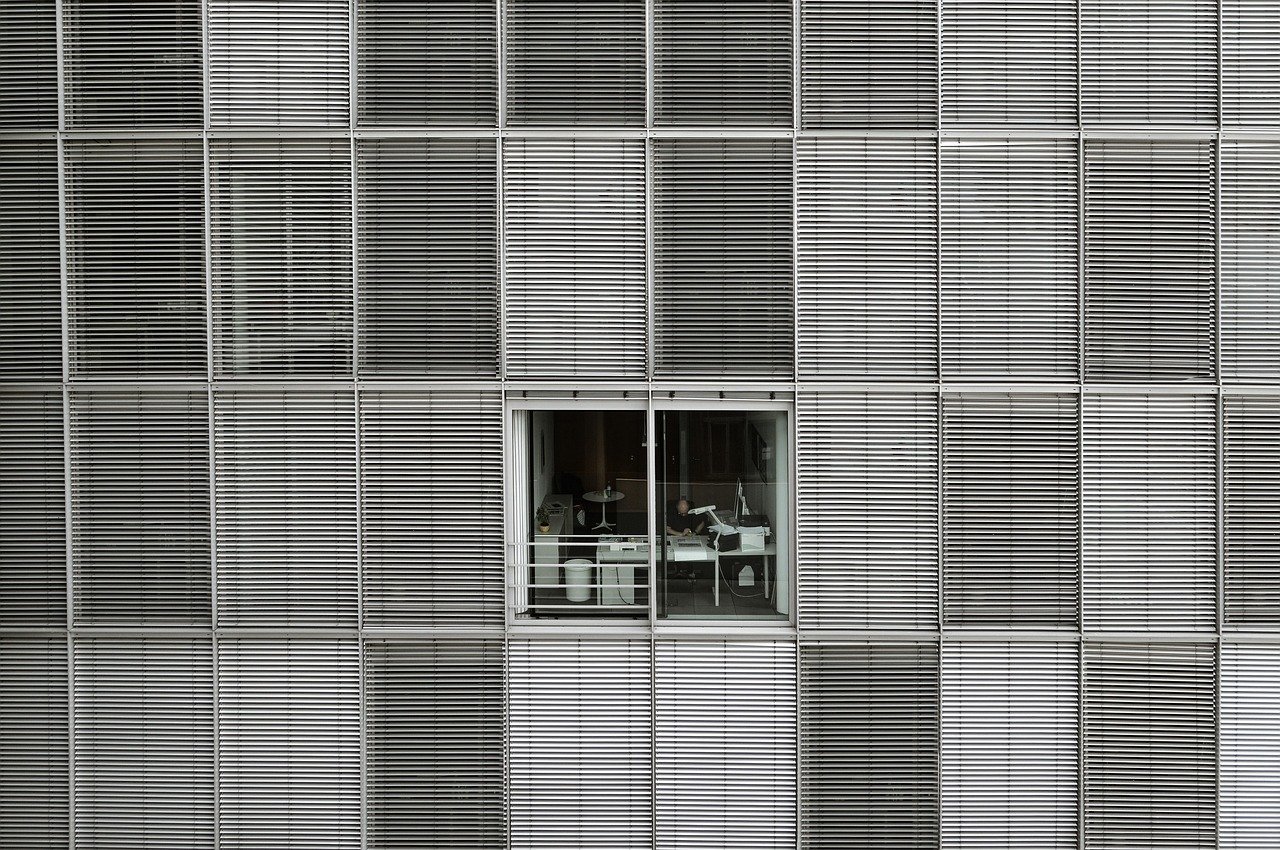
In the wake of a global pandemic and a technological leap forward, Canada's work culture has undergone a seismic shift. From government offices in Ottawa to tech startups in Vancouver, one trend now defines the future of employment: flexibility. But how deep does the change go—and what lessons might the UK take from Canada's evolving norms?
In 2025, fewer Canadians are commuting than at any time in modern history. According to Statistics Canada, 48% of professional workers now operate on either a hybrid or fully remote schedule. That figure was under 10% in 2019.
“Remote work went from perk to policy. For many industries, it's now the default expectation.”
In cities like Montreal, Halifax, and Calgary, the change has altered everything from traffic patterns to commercial real estate dynamics. Vacant downtown offices now face rezoning for housing or community space, while suburban coffee shops and coworking spaces boom.
Despite early fears, productivity hasn't suffered—in many sectors, it's improved. A 2024 report from Deloitte Canada found that hybrid workers were 11% more productive than their fully in-office peers, citing fewer distractions, better work-life balance, and reduced burnout.
However, not all industries benefit equally. Hospitality, manufacturing, healthcare, and logistics still rely heavily on in-person roles. Even within tech, junior workers and new hires report feelings of isolation or slower career progression due to reduced mentorship and networking.
The geography of work is shifting. Cities like Kelowna, Fredericton, and Saskatoon—once overlooked—are seeing population surges thanks to remote work freedom. In contrast, Toronto’s and Vancouver’s cores have experienced office vacancy rates exceeding 20% for the first time.
Local governments are adapting. Toronto launched a “Downtown Reimagined” programme offering tax incentives to landlords who convert commercial buildings into housing. Meanwhile, Calgary has embraced a “hub-and-spoke” model—encouraging satellite offices in residential zones.
The pressure isn’t just cultural—it’s competitive. Companies offering inflexible policies have faced mass resignations or hiring slumps. In 2023–2024, several large Canadian firms reversed return-to-office mandates after public backlash and internal dissent.
The UK faces similar tensions. After initial enthusiasm, some UK firms reintroduced office mandates in 2024—prompting waves of employee turnover, particularly in tech and consulting sectors.
Critics warn that the remote work boom may exacerbate inequities. Workers in lower-income jobs, younger professionals, and women with caregiving responsibilities face unique challenges. Poor broadband in rural or Indigenous communities also limits access.
In response, the Canadian government has introduced:
Experts predict that flexibility will remain the new normal—but its form will continue to evolve. A hybrid mix of remote days, in-person collaboration hubs, and digital nomadism may define the next decade of work culture.
Canada is already piloting “national coworking passes” that let workers access government-subsidised spaces anywhere in the country—a concept the UK is reportedly exploring in rural England and Wales.
"The office isn't dead. It's just no longer mandatory. Flexibility is the future currency of the workplace."
As Canada redefines the structure and philosophy of work, other nations—including the UK—watch closely. With careful policy, innovation, and inclusion, the shift could benefit not just productivity, but society at large. One thing is clear: there’s no going back.
Whether you're in Toronto, Toronto-on-the-Thames, or anywhere in between—2025 belongs to the flexible.